Indigenous Voices: Glimpses into the Margins of Modern Development (by Jeffrey Warner): presentation introduction for the “Partnership for Change – Finding Creative Solutions to Urban Challenges” conference; Chulalongkorn University; Bangkok, Thailand; March 2-3, 2015
“Thank you Dr. Bussakorn, Dr. Kjell, Khun Toto, and all other support staff for organizing this important conference. Being here today with all of you is a true honor.
I am here today as a civic photojournalist and for the purpose of communicating the outline of a story in which we are all playing a part. I am here to take you on a journey into communities of indigenous peoples who are living in the mountains of northern Thailand, as well as to deliver some of their voices. They will teach us about how their lives for various reasons have been drastically altered as a result of economic development, and about how their future is uncertain.
The economic market related decisions that humans have been making for generations are rendering, like never before, very tangible effects on our reality in terms of our natural environment and our overall societal functioning — some for the worse; some for the better. And I believe that we are at a pivotal point in our history.
If we are going to gather in Partnership for Change and find Creative Solutions to Urban Challenges, then I am suggesting that we focus on the root of prominent global issues, such as those of poverty, environmental degradation, and aggressive social division. I believe that these phenomena exist largely because we humans generally have unplugged ourselves from nature, arguably since the Agricultural Revolution and the onset of surplus driven competitive market systems that continue to dictate our existence.
I believe that there are binding commonalities that all humans share. These are our inherent desires to be loved and accepted, to be accepting and loving, and the need for family and community connection. Perhaps if we can discern specifically what we all share in terms of our daily existence, regardless of the physical design of our faces or the color of our skin, if we focus on the true beauty of life, then perhaps we can dissolve inter-cultural misunderstandings and foster a more harmonious, peaceful, and stable global community.
Indigenous Voices, as a book and as a civic journalism project, utilizes the overall environment of rapidly developing northern Thailand and the livelihoods of the region’s indigenous peoples as a comparative context for exploring the societal effects that economic development is having on human society. This work aims to illustrate that, while modernization has become commonplace across the industrialized world, there remain cultures in the Asia-Pacific region and worldwide that exist on the margins of globalization, where both “traditional” and “modern” ways of life can still be observed.
This is for all marginalized people who are ensnared in the extremes of war, poverty, disease, displacement, and social injustice. You live with dignity amidst all of this development-related sociopolitical rubbish and will always remain as our teachers.”

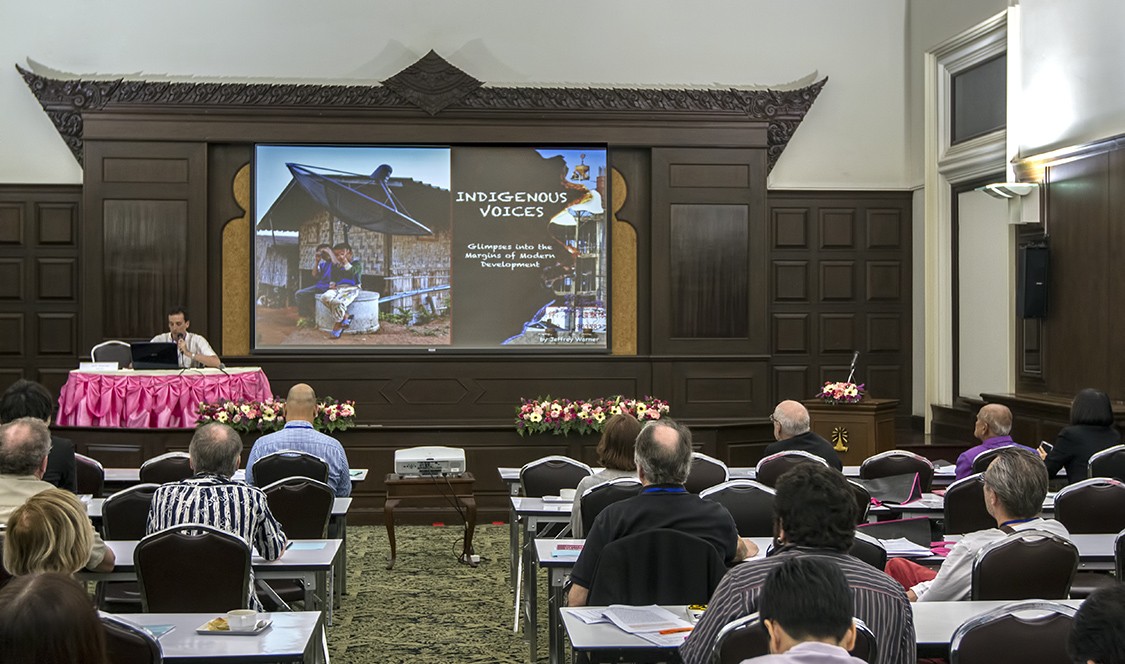
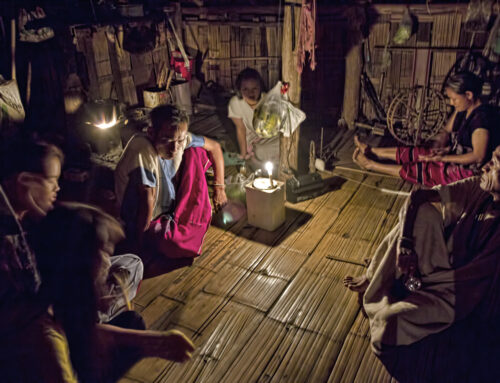
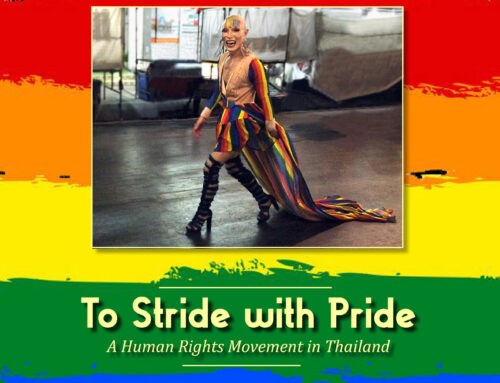
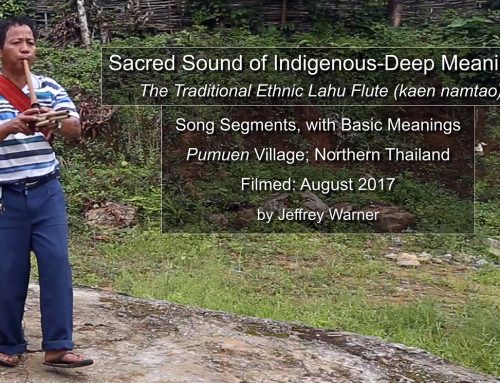
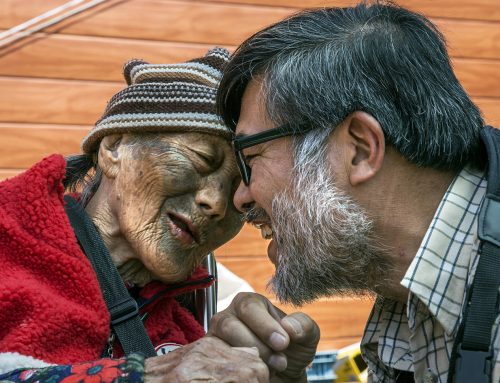
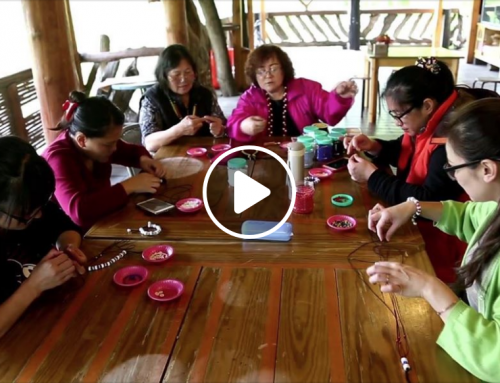
Leave A Comment